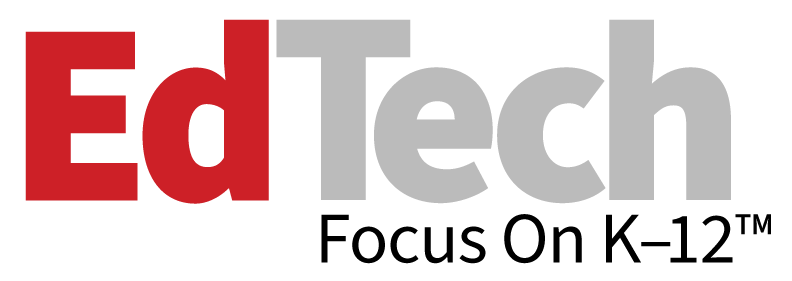What Does the Proposed Federal Budget Mean for Ed Tech in K–12?
Between K–12 and higher education, President Donald Trump’s 2018 federal budget proposal aims to cut $13 billion in spending. But what does that mean for ed tech?
While this “skinny budget” proposal, which was released last month, is not the complete plan for 2018, some experts have already indicated that these proposed cuts — as well as the $1.3 billion boost to charter schools — will affect education technology use in K–12 districts.
Cuts Could Limit Professional Development and Access
Among the government-funded programs that EdSurge reports to be on the chopping block are those for teacher training and some supplemental K–12 programming, like the 21st Century Community Learning Center initiative. Also, some other programs that serve underserved kids would be scaled back under the new budget.
Education Week’s Market Brief on the budget called the cut to the community learning center initiatives a blow to “efforts to promote deeper learning through technology.”
Other budget cuts in the education sector could also mean that some schools would need to reshuffle their funding, which could make less money available for tech, reports Education Week.
As school budgets are shrinking, EdSurge reports that big education technology companies that have already established a return on investment — like Google or Microsoft — will have a better chance of flourishing.
“Those organizations and partners that have evidence-based practices and a track record of success are more likely to be in a position to withstand any potential cuts that may come down the line,” says analyst David DeSchryver in the article.
Because of the indicated cuts to professional development programs, EdSurge also suggests that tech companies that bundle training with their products or services might have more traction in schools.
With the federal government indicating it will back away from programs that provide access to deeper tech learning, newly appointed International Society for Technology in Education (ISTE) CEO — and former director of the Education Department’s Office of Education Technology — Richard Culatta told EdTech that organizations will need to step up and provide support for educators to help make tech-filled topics like computer science more accessible.
“We should be creating more problem-solvers because we need them from all parts of the country,” says Culatta in the article. “I think if we want to keep that going, organizations like ISTE are really going to have to come to the table hard to make sure that it’s happening, and that’s something we intend to do.”
Increased Funding to Charter Schools Could Spark Innovation
The Trump administration’s “skinny budget” proposed an increase in spending on charter schools, to the tune of $1.3 billion dollars. This is likely at the behest of Education Secretary Betsy DeVos, who has been a champion of charter schools for a long time.
An article in TechCrunch suggests this support of charter schools could boost technology use among K–12 students.
“In K–12, the most promising applications of technology have been found most consistently in private and charter schools,” reads the story.
Google for Education Program Manager Jill Hume writes in a blog that charter schools are using their tech in innovative ways.
“We’ve encountered a number of charter schools who are leading the way in their use of technology to help students become inquisitive learners,” writes Hume.
However, charter schools have not always been consistent in their quality. Some charter schools in Ohio have had trouble recently with poor grades and mishandled tax dollars.
With the government giving these schools more funding, some experts believe that this is their opportunity to improve the quality of the education students at charter schools receive.
“[The administration] can help support pilot initiatives to incorporate more radical uses of technology and different labor models,” writes Andrew J. Rotherham, a co-founder of a nonprofit educational consulting firm, in The Washington Post.
“That could include, for instance, the teacher-run charter schools emerging in Minnesota; schools such as the West Coast-based Summit Public Schools that flip the traditional notion of the role of the student in school; or schools that are now still just an idea in an educator’s head somewhere.”









